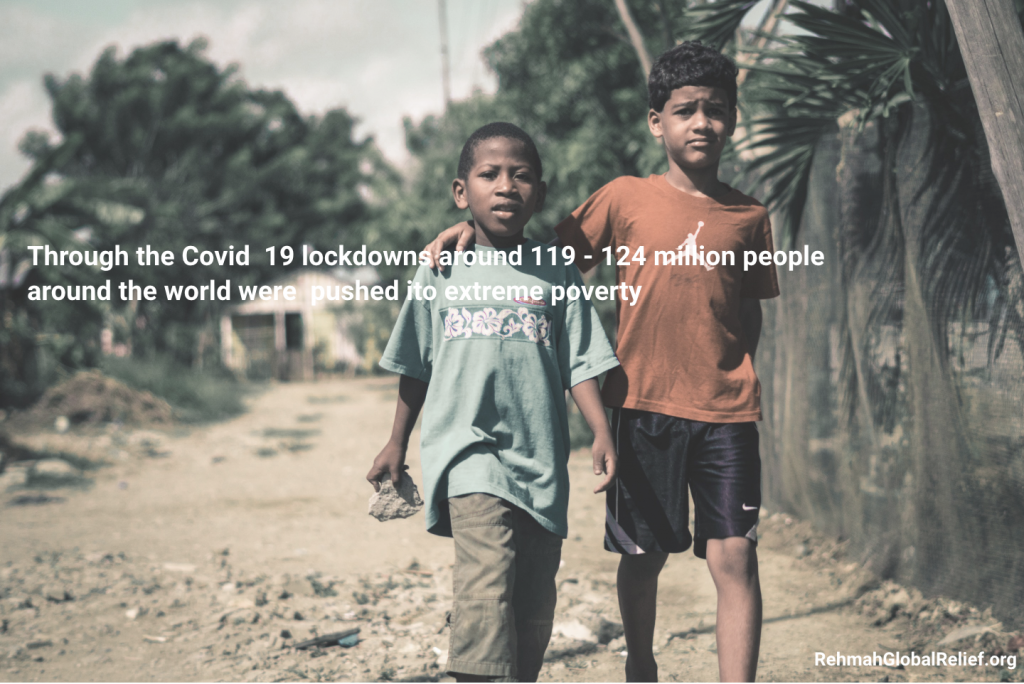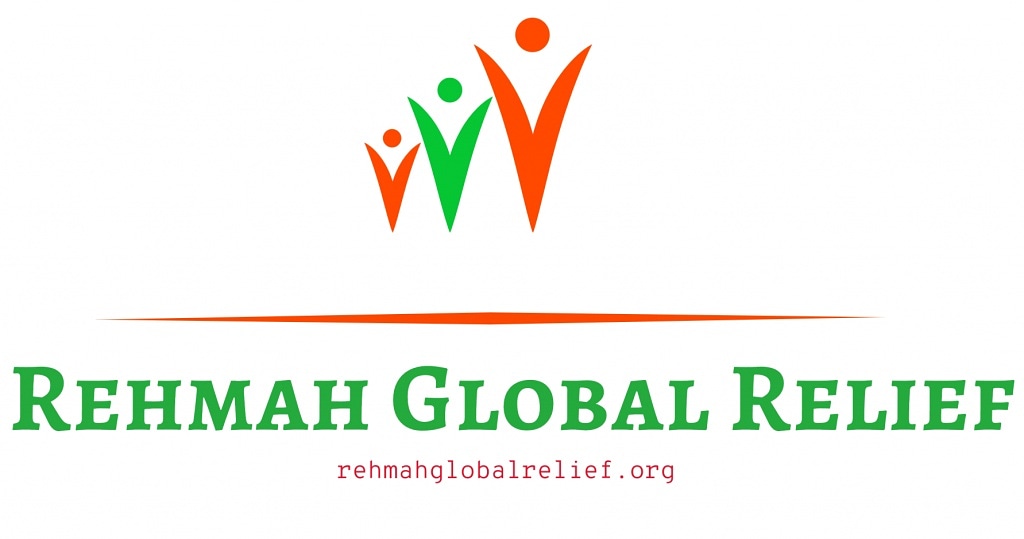
The COVID-19 pandemic and ensuing global economic crisis are on track to undo years of progress in poverty reduction and alleviation, undermining global efforts to meet the SDG deadline of eradicating extreme poverty by 2030. The World Bank now predicts that between 71 million and 100 million people have been pushed into extreme poverty this year, wiping out almost all progress made in the fight against extreme poverty over the last five years.
According to figures, the pandemic could push 86 million children into poverty, a 15% increase over the baseline. As the pandemic spreads across developing countries, eradicating extreme poverty, which currently affects around 680 million people, appears nearly impossible.
While many factors contribute to extreme poverty, two stand out in the current crisis. Economic growth is slowing, which is increasing poverty and exacerbating existing inequalities. Factories are closing, domestic demand is dwindling, investments are being postponed, and global trade has plummeted, putting tens of thousands of jobs in jeopardy.
The most common reasons for people falling into poverty at the household level are unemployment and loss of income, as well as high healthcare costs. As a result, people in countries with a large informal sector, poor or inaccessible healthcare, and a weak social protection system are especially vulnerable.
Nearly all sectors have been hammered, but tourism and manufacturing stand out due to their importance to provide employment for low-skilled people in developing countries.
Children in poor households also suffer disproportionally from the closure of schools, as they miss out on essential school meals and may find it harder to access digital learning in oftentimes overcrowded and poorly connected environments. In addition, girls may be required to take care of their younger siblings thereby missing school. The World Bank estimates that the current school closures will cause over 7 million primary and secondary students to drop out, substantially decreasing their expected lifetime earnings and drastically increasing their chances of living in poverty.

Some 24 million additional children and youth may drop out or not have access to school next year due to the pandemic’s economic impact alone. Youth are also more likely to be in informal employment and unemployed than adults.
Because living in poverty usually means being more exposed to COVID-19 and its economic impact, the crisis is inadvertently causing a vicious cycle of growing poverty and inequality. Indeed, the most vulnerable have been hit the hardest by both lockdowns and the pandemic’s direct health threat, whereas people in high-skilled service jobs in the formal sector are more likely to be able to work from home and online.
The rich and middle classes are also expected to benefit the most from post-crisis technological shifts, while poor households are likely to remain impoverished, suffering long-term declines in income, health, and educational outcomes. These risks, if not addressed adequately, have the potential to stifle social mobility and exacerbate inequality for years to come.
For more information about how we at Rehmah Global Relief are trying with Allah’s Permission during this crisis to make a very small impact on people’s lives, you can visit us on our website. We thank all those who are supporting us in this. We would not be able to do this except with the Help of Allah then after that your help and support.

